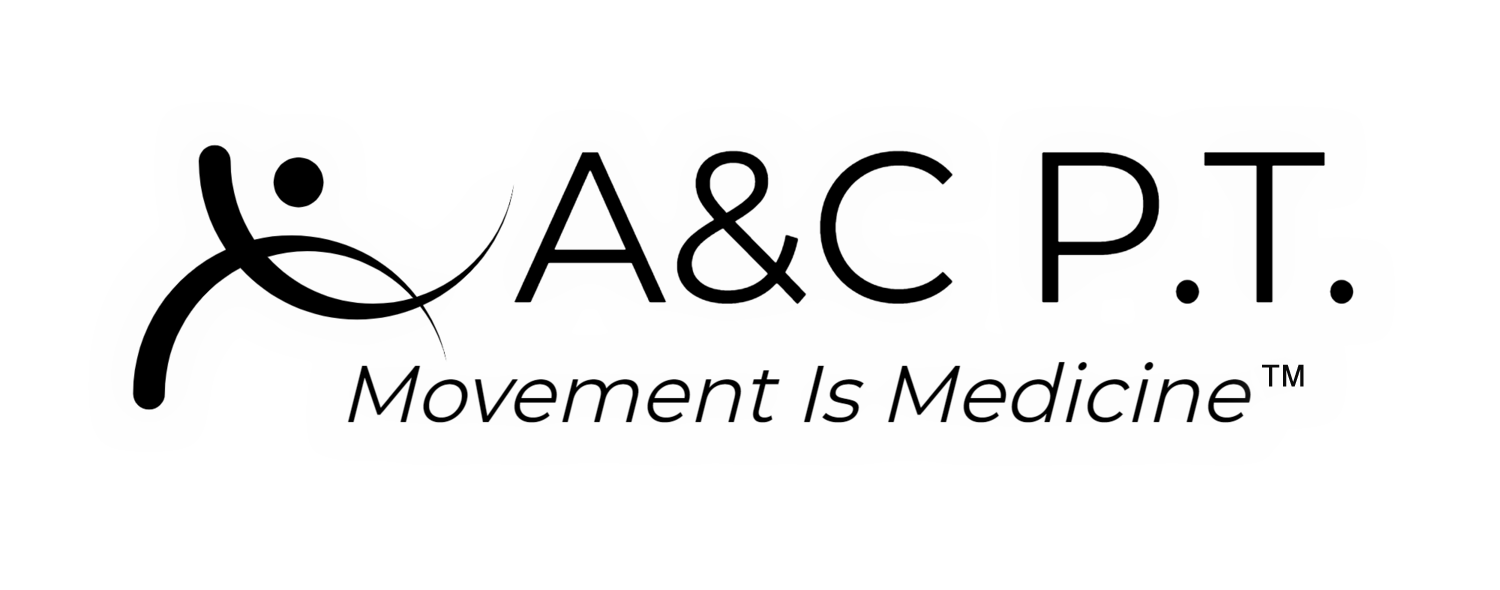The shoulder complex, as it is referred to by some physical therapists, is a very complex set of muscles, joints and connective tissue.
P.T. Treatment For Shoulder Pain?
“Dealing with a labrum issue, I went through multiple Physical Therapists. I’ve even tried acupuncture, cupping, massage and none of it was working... started going to Anderson & Cattone Physical Therapy and have seen immense progress ...”
What causes shoulder pain?
Injuries are the most common cause of shoulder pain. Pain can also develop from everyday wear and tear or overuse. It can also be caused by the natural process of aging.
Shoulder problems can be minor or serious. Minor shoulder problems, such as sore muscles and aches and pains, are common. Shoulder injuries most commonly occur during sports activities (including gym workouts), during work-related activities, falls and even simple projects at home.
Symptoms may include pain, swelling, numbness , tingling, weakness, changes in temperature or color, or changes in your range of motion. Pain may be sudden and severe. Bruising and swelling may develop soon after the injury.
Shoulder pain can also be caused by shoulder joint instability or from muscle strains, a dislocation or collar bone or upper arm bone fracture.
Pinched nerves (also called radiculopathy) or other injuries to shoulder nerves can also cause severe pain.
Overuse injuries occur when too much stress is placed on a joint or other tissue, often by overdoing an activity or through repetition of an activity.
A frozen shoulder, which is a condition that limits shoulder movement, may follow an injury. This occurs when the muscles,tendons, and ligaments stiffen up inside the shoulder and make any motion painful and difficult.
Shoulder pain can also be due to:
Arthritis in the joints around the shoulder.
Bursitis (inflammation of a fluid-filled sac, or bursa, that lies between tendon and skin or between tendon and bone).
Inflammation of nearby tendons, such as those connected to the bicep muscles of your arms, from overuse or injury.
Treatments for shoulder pain
Treatment can be simple or complex. If surgery is not needed for acute trauma, skilled physical therapy involving strategic exercise, manual therapy and neuromuscular re-education can be highly effective with outstanding prognosis with normalized function. Here we also have the NeuFit Neubie, our revolutionary new secret weapon to combat shoulder problems using electronic stimulation.
Learn more about specific shoulder conditions and treatment strategies.


